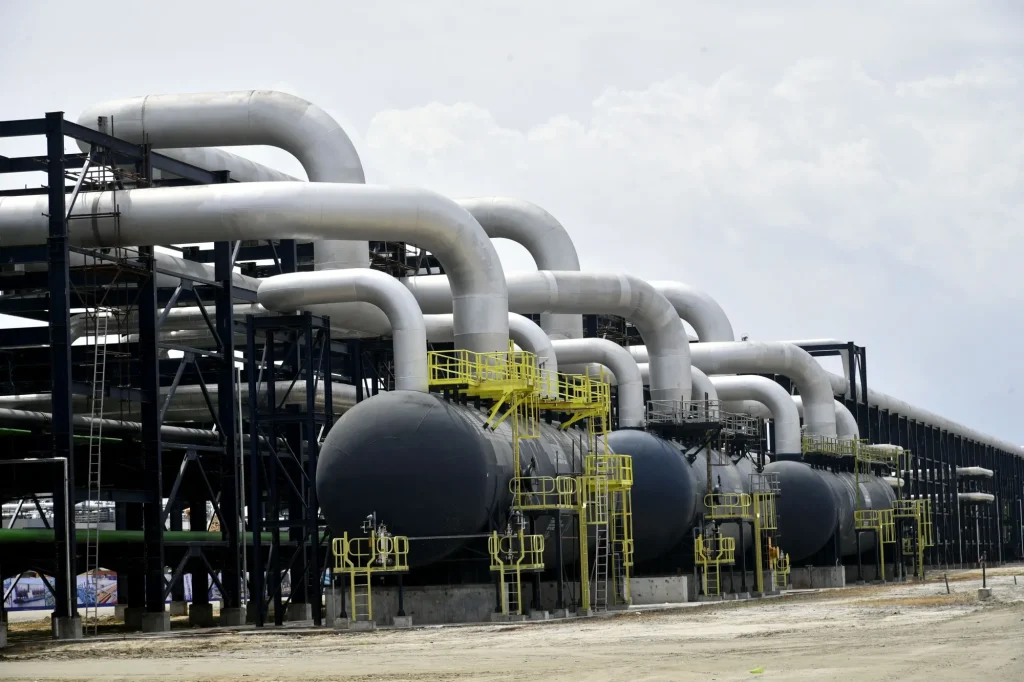Nigeria saw a significant drop in oil imports in Q2 2024, with figures falling by 35% to $2.79 billion, down from $4.31 billion in Q1, according to the Central Bank of Nigeria (CBN). The reduction aligns with structural adjustments following the removal of fuel subsidies under President Bola Tinubu’s administration, signalling notable changes in the nation’s oil sector.
The CBN’s quarterly economic report also indicated a 20.59% decrease in total merchandise imports, which dropped to $8.64 billion from $10.88 billion in Q1. The fall in oil imports played a substantial role in this overall contraction.
“Merchandise import decreased in Q2 2024, following the decline in the import of petroleum products. Merchandise imports decreased by 20.59 per cent to $8.64bn, from $10.88bn in Q12024.
“Analysis by composition indicated that oil imports decreased to $2.79bn, from $4.31bn in the preceding quarter,” the report states. Non-oil imports similarly declined, accounting for $5.85 billion of the total.

The CBN report also highlighted a 4.51% decrease in Nigeria’s domestic oil production to 1.27 million barrels per day (mbpd) due to persistent oil theft and illegal refining in the Niger Delta. This production rate fell short of Nigeria’s OPEC quota of 1.58 mbpd, impacted by disruptions in the Forcados, Bonny, Qua-Iboe, Escravos, and Brass streams.
Despite these challenges, global oil prices offered a modest reprieve, with Bonny Light crude rising to $86.97 per barrel, providing a cushion to export revenues. Crude oil and gas exports, though slightly reduced, comprised 87.38% of Nigeria’s total export earnings, bringing in $12.18 billion in Q2 2024, compared to $12.42 billion in Q1.
Earlier, the Central Bank allocated $2.97 billion to oil sector players to support the importation of petroleum products, maintaining supply stability amid the country’s shifting economic landscape.


